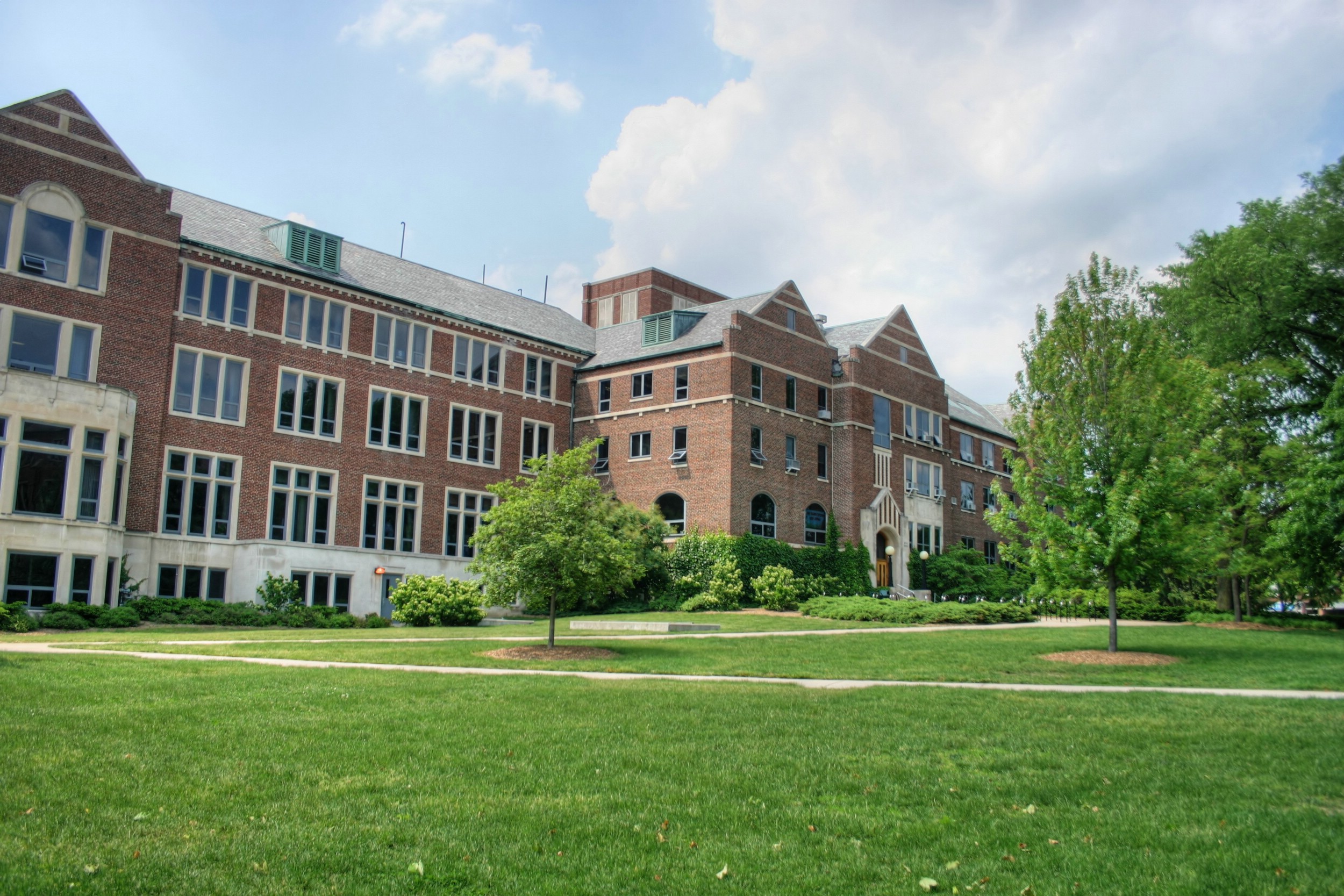Lildedjanet69 Leaked: What You Need to Know
In the digital age, privacy breaches and leaked content have become a pressing concern for individuals across the globe. The recent incident involving Lildedjanet69 has sparked widespread discussions, raising questions about online security, ethical responsibilities, and the long-term impact of such leaks. This article delves into the multifaceted aspects of the Lildedjanet69 leak, providing a comprehensive analysis that addresses both immediate concerns and broader implications.
Understanding the Incident: What Happened?
The Lildedjanet69 leak refers to the unauthorized release of personal or sensitive content associated with the individual known as Lildedjanet69. While specifics may vary depending on the source, such leaks typically involve private photos, videos, or messages that were never intended for public consumption. The incident has garnered attention across social media platforms, forums, and news outlets, highlighting the viral nature of such breaches.
The Legal and Ethical Dimensions
From a legal standpoint, the leak raises significant concerns regarding privacy laws and intellectual property rights. In many jurisdictions, the distribution of private content without consent is a criminal offense, punishable by fines or imprisonment. However, enforcement can be challenging, especially when the leak originates from anonymous sources or international networks.
Ethically, the incident prompts a critical examination of societal attitudes toward privacy and consent. The viral dissemination of leaked content often perpetuates victim-blaming, with individuals unfairly scrutinized for their personal choices. This underscores the need for a collective shift toward empathy and respect for privacy boundaries.
The Psychological Impact on Victims
The aftermath of a privacy leak can have devastating psychological effects on the victim. Lildedjanet69, like many others in similar situations, may experience anxiety, depression, or even post-traumatic stress disorder (PTSD). The constant fear of judgment and the loss of control over one’s personal narrative can be emotionally paralyzing.
Moreover, the stigma associated with such leaks often leads to social isolation, affecting personal and professional relationships. It is crucial for victims to seek support from mental health professionals, trusted friends, or support groups to navigate the emotional turmoil.
Preventive Measures: Protecting Your Digital Privacy
While it is impossible to eliminate all risks, individuals can take proactive steps to safeguard their digital privacy:
- Strengthen Passwords: Use complex, unique passwords for all accounts and enable two-factor authentication (2FA) wherever possible.
- Limit Sharing: Be cautious about sharing sensitive content, even with trusted individuals, as it can still be leaked.
- Regular Audits: Periodically review privacy settings on social media platforms and delete unnecessary data.
- Educate Yourself: Stay informed about the latest cybersecurity threats and best practices.
The Role of Social Media Platforms
Social media platforms play a pivotal role in both the spread and mitigation of leaked content. While some platforms have policies in place to remove unauthorized material, enforcement is often inconsistent. The Lildedjanet69 incident underscores the need for stricter moderation and faster response times to prevent further harm.
Additionally, platforms can empower users by providing tools to report leaks and protect their content. Features like watermarking, content expiration, and enhanced privacy controls can reduce the risk of unauthorized sharing.
The Broader Societal Implications
The Lildedjanet69 leak is not an isolated incident but part of a larger trend of digital privacy violations. As technology advances, so do the methods used by malicious actors to exploit vulnerabilities. This raises fundamental questions about the balance between technological innovation and individual rights.
Society must grapple with the ethical implications of living in an increasingly interconnected world. How do we ensure that technological progress does not come at the expense of personal privacy? The answer lies in fostering a culture of digital responsibility, where individuals, corporations, and governments work together to protect the rights of all citizens.
FAQs
What should I do if my private content is leaked online?
+Immediately report the content to the platform where it was shared and seek legal advice. Document all evidence and consider contacting a cybersecurity expert for assistance.
Can leaked content be permanently removed from the internet?
+While complete removal is challenging due to the nature of the internet, many platforms will comply with takedown requests. Working with legal professionals can also help in addressing persistent violations.
How can I support someone whose content has been leaked?
+Offer emotional support, avoid judgment, and help them report the content. Encourage them to seek professional help if needed.
What are the legal consequences for sharing leaked content?
+Sharing leaked content without consent can result in criminal charges, including fines and imprisonment, depending on the jurisdiction.
How can social media platforms improve their response to leaks?
+Platforms can enhance moderation tools, expedite takedown processes, and educate users on privacy best practices.
Conclusion: Moving Forward with Awareness and Action
The Lildedjanet69 leak serves as a stark reminder of the vulnerabilities inherent in our digital lives. While the incident has caused significant harm, it also presents an opportunity for meaningful change. By prioritizing privacy, advocating for stronger protections, and fostering empathy, we can create a safer and more respectful online environment.
As individuals, we must remain vigilant and proactive in safeguarding our digital footprints. As a society, we must demand accountability from those who exploit personal information and work collectively to uphold the principles of privacy and consent. The path forward is challenging, but with awareness and action, we can mitigate the risks and protect the rights of all.


